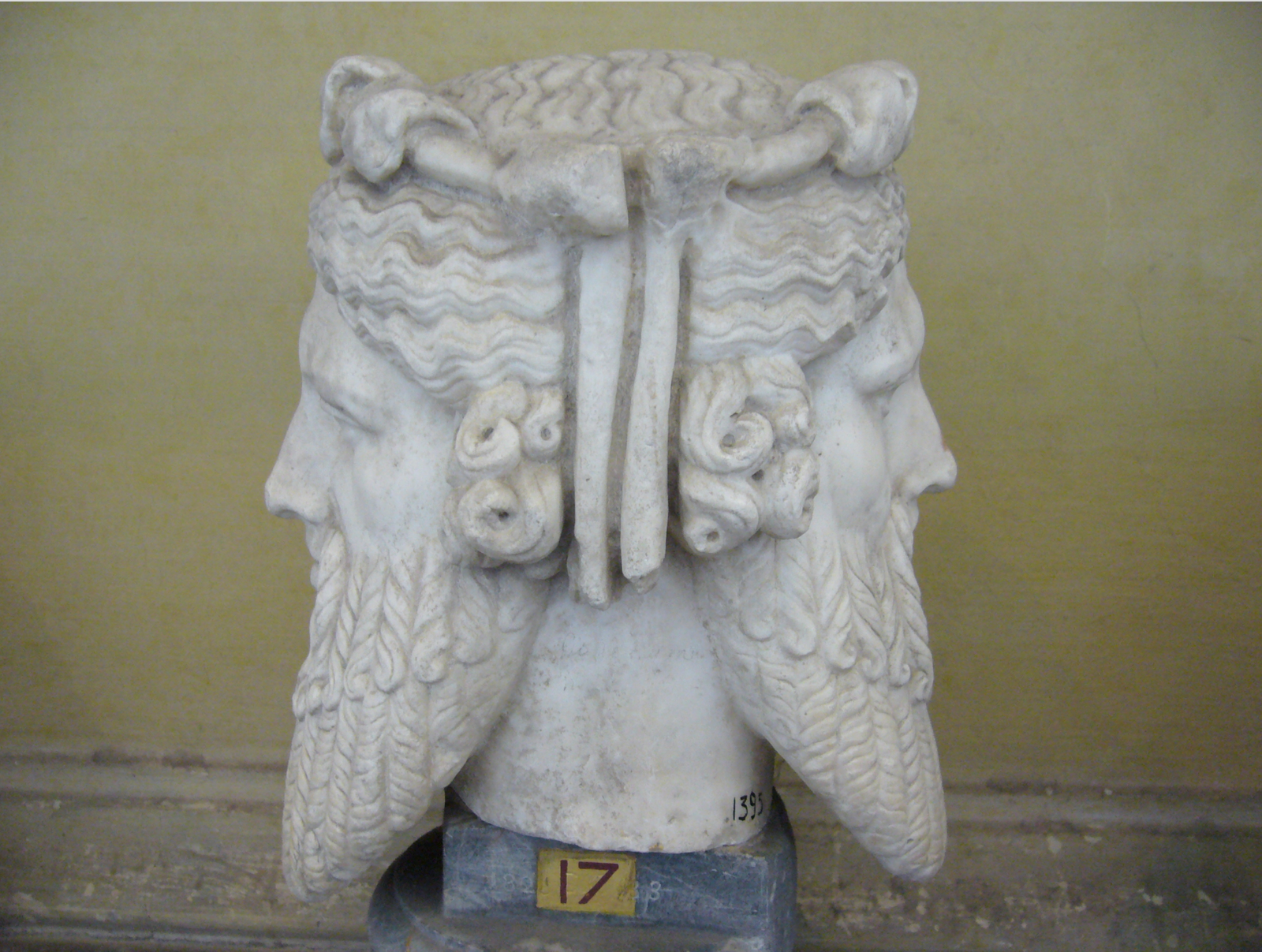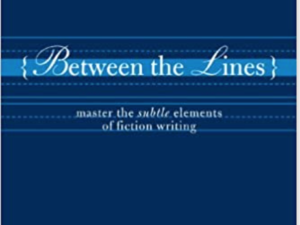If you've been watching this blog space (which is a bit like watching grass grow, only less organic and more purple), you may have noticed that it's been quieter of late, fewer posts. That's because I haven't as much time to write. In fact, my ratio of brainstorming-while-doing-other-things time to writing time has been such that I can't keep my thoughts restricted to active project.
Which is why I've been playing around in my head with a concept of a group of investigators, directed by a seer / mage afflicted with wild magic. There's a big secret underlying the magic of this world ... and our mage knows this. It may not be the rationale for all the missions she assigns the team, but it definitely influences her decisions.
So the obvious course, even in a story with multiple third-person points of view, would be to omit her, leave her as a shadowy figure in the background, and let the secret and her purpose be a big reveal near the end of this imaginary novel.
But to be honest, I'm inclined to a different strategy: have the mage be a point of view character from the start. Let her know what she knows and let the reader in on the secret ... but not the other characters. There's opportunities for so many levels of tension here, for characters mistrusting or misinterpreting her motives (and the reader screaming, "No, you fool!"), for learning the personalities of the characters and building the anticipation of how they will react to the truth ...
A long time ago, I read a book on writing which discussed the weaknesses of the trick / surprise ending. When the writer is trying too hard to startle the reader, they lose out on other opportunities ... and if the story "plays fair," the reader may get to the answer ahead of it. (This whole stream of thought ties into my personal theories about treating the plot of a story like a mystery, in the genre sense.) Sometimes it's worth it ... sometimes, the more effective story pulls back the curtain.
A great example of a series where the reader knows more than any one character, and tension builds waiting for these in-story revelations, is Jana Oliver's Time Rovers series. These characters come from two different societies, each of which totally change the game in their own way. Watching them discover each other is far more fun than dropping a bomb on reader and characters at the same time.
Of course, this is all theoretical anyway: this isn't even a project I've seriously considered writing. But it's been a fun mental exercise, and I think it helps me as I develop the "real" ones. Or ... who knows. Maybe this will blossom into a novel in its own right.
Feed your need for SF & Fantasy



